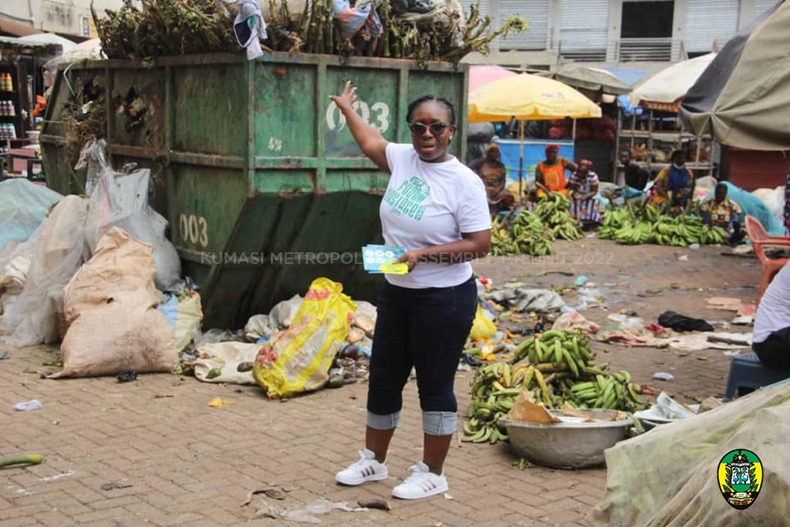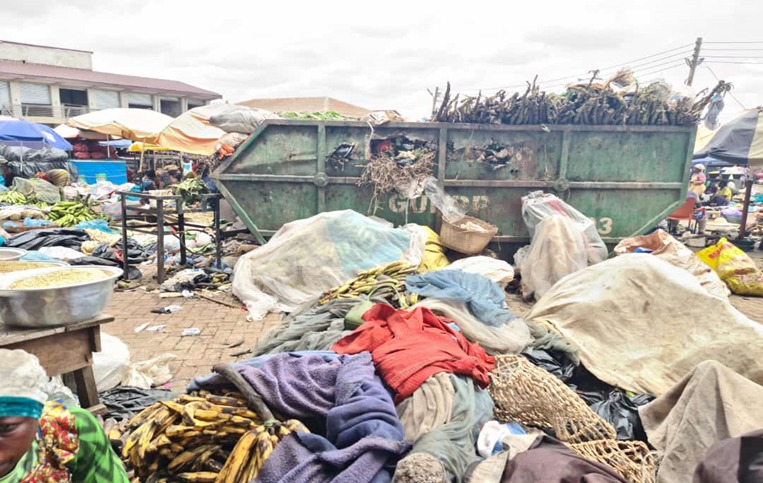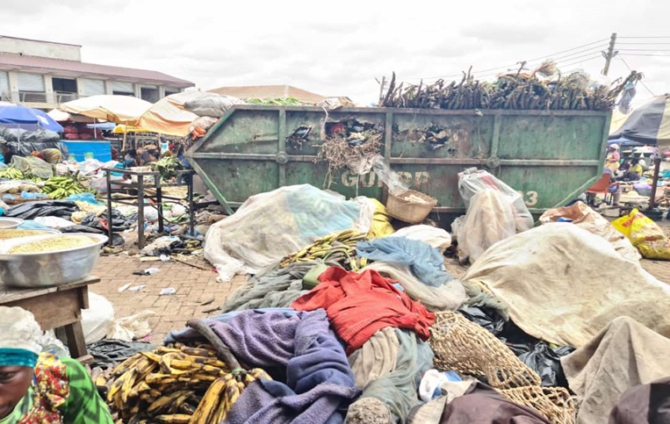This year’s theme signifies that the entire world needs to be aware of the negativity of food loss and waste on the planet and how we can collectively solve it.
As the world contributes to achieving sustainable development goal 2 by ending hunger in 2030, it curbs the challenges associated with food loss and waste (SDG 12.3).
Reducing food losses and waste is an important alternative for food availability. This eventually lowers the prices of food on the market.
The world today is faced with a short food supply chain due to the post-covid-19 pandemic and the effect of the Russia-Ukraine war.
The prices of goods keep increasing and yet China and India top the chart on global food waste with about 931 million tonnes each year.
These challenges in middle- and low-income countries have become cyclic over the years. Emphasis on food losses in the supply chain requires prompt intervention to effectively promote food security and planetary health.

In Ghana, causes of food losses and waste could be attributed to several reasons not limited to poor storage facilities after harvest and purchase, respectively.
A warm or humid environment promotes insect pest and microorganism infestation.
The lack of refrigeration affects the cold chain management of products.
The issue of poor packaging, poor transportation, and unsatisfactory market conditions render produce unacceptable.
Consumer rejection due to aesthetic defects of produce especially fruits and vegetables is equally high in developed countries.

In reducing these challenges, shortening the food supply chain, and promoting food security, the quality standards of food produce should not be compromised. An investment made by the government at the local level to reduce food losses and waste must be visible or reflective in farmers'/ producers’ lives.
The global trends on food insecurity in Africa and some parts of the world have necessitated that adequate storage facilities like silos for staples to avoid glut in bumper seasons are taken into immediate consideration by the government.
On the part of consumers, it is important to promote planetary health by making a shopping list and buying what is needed.
Consumers who decide to shop in bulk should be sure of adequate storage facilities in their homes. It is kind to share leftovers with the needy. Do not throw them away, it contributes to global warming.
About author; Dr Stella Agyemang Duah, is a Research Scientist, Biotechnology & Nuclear Agriculture Institute, GAEC.
Latest Stories
-
From classrooms to conservation: 280 students embrace sustainability at Joy FM/Safari Valley’s Second Eco Tour
40 mins -
Jordan Ayew’s late goal not enough as Leicester lose at home to Chelsea
48 mins -
Global Crimea Conference 2024: Participants reject Russian claims to Soviet legacy
51 mins -
Jospong Group, Uasin Gishu County sign MoU to boost sanitation services in Kenya
59 mins -
Thomas Partey stunner helps Arsenal overcome Nottingham Forest
1 hour -
Over half of cyber attacks in Ghana, rest of Africa target government and finance, says Positive Technologies
1 hour -
Academic City unveils plastic recycling machine to address plastic pollution
2 hours -
German-based Kanzlsperger makes medical donation to WAFA
3 hours -
It could take over 100 years for Ghana and other African countries to become ‘developed’ – Report
3 hours -
AEC 2024 renews momentum to lift Africa out of poverty despite global shocks
3 hours -
Can RFK Jr make America’s diet healthy again?
4 hours -
Maiden Women in Chemical Sciences conference opens with a call for empowerment
6 hours -
We’ll reclaim all Groupe Nduom stolen assets – Nduom declares
6 hours -
Center for Learning and Childhood Development Director Dr Kwame Sakyi honoured at Ghana Philanthropy Awards
15 hours -
Asantehene receives 28 looted artefacts
16 hours

